Alarm at lack of care for Jewish students harassed at public school
The Melbourne college and state goverment attempted to defend their failure to protect Jewish students who had swastikas drawn on their books.
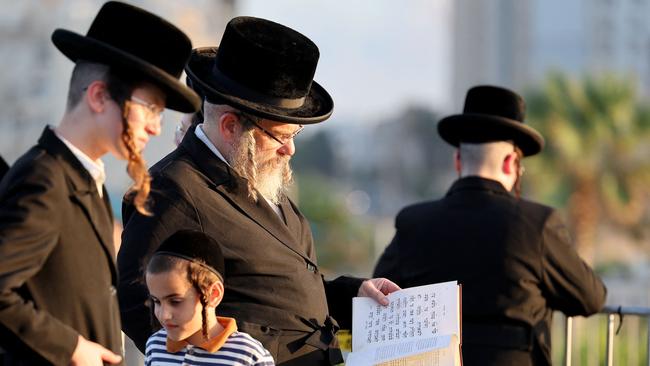
On September 14, Debra Sue Mortimer, Chief Justice of the Federal Court of Australia, delivered her judgment in Kaplan v the state of Victoria and upheld most of the claims by the five applicants. She awarded damages, payable by the state of Victoria, totalling around $430,000.
In November 2022, the five applicants, including Joel Kaplan, brought proceedings against the state of Victoria alleging they had experienced anti-Semitism from other students while studying at Brighton Secondary College in Melbourne. BSC is a government school administered by the Victorian Department of Education.
The judgment is a long one at more than 450 pages. Essentially, the Jewish applicants maintained they had experienced acts of discrimination – including the existence of graffiti, consisting of Nazi swastikas, that was drawn in the classrooms and around the grounds of BSC. Also, students drew swastikas on the books of Jewish students.
This behaviour took place between 2013 and 2020, depending on when each of the five attended BSC. Four left on account of the vilification experienced – one to move overseas.
The applicants maintained that the BSC headmaster and the rest of the BSC teaching staff took no adequate steps to protect them, and that they were treated in a different way from other vulnerable minority students groups in the school – an act of discrimination.
At one instance, in her withering judgment with respect to one of the applicants who experienced anti-Semitism in 2019-20, the Chief Justice said: “After all the outgoing complaints of anti-Semitism (at BSC) since 2013, what happened to Zack at BSC in 2019-2020 in particular, and the absence of support shown to him and his family, should make the leadership cohort at BSC hang their heads in shame.”
In the event, the Federal Court found for the applicants under the Racial Discrimination Act concerning most matters.
The Chief Justice held that BSC had failed to protect Jewish students from anti-Semitic bullying and harassment, and that the BSC principal had been negligent in failing to enact the required duty of care.
The court also found the Victorian Department of Education was vicariously liable for the failures of the school.
The Victorian Labor government, led by socialist-left Premier Daniel Andrews, came to office in December 2014. In other words, most of the discrimination occurred on the watch of the Victorian Department of Education – which reported to the minister for education in the Andrews government.
The department engaged a KC plus a CBD law firm to handle the case for the respondent. It is estimated the cost to Victorian taxpayers for this defence was more than $2m.
Despite its top legal team, the Department of Education’s case fell apart in the Federal Court, which would suggest the state of Victoria should have settled before legal proceedings began.
Who knows? Could it be that the Victorian Department of Education exhibited a similar prejudice as BSC when it decided to defend BSC’s principal and staff, rather than concede the discrimination?
The evidence suggests that what has been prevalent at BSC is also evident in the tertiary sector.
In July this year, the Social Research Centre in Melbourne prepared a report for the Zionist Federation of Australia. Titled The Jewish University Experience Survey, it found that almost two-thirds of Jewish students experienced anti-Semitism at university and that more than half of Jewish students have hidden their Jewish identity on campus to avoid anti-Semitism.
Some of the case studies cited in the report are consistent with the discrimination experienced by the BSC five. One student reported that “a person in my class heiled Hitler to me and not a single professor/tutor or student did anything; the uni needs to step up”.
Another reported that “the anti-Israel narrative is so overwhelmingly strong on my university campus that I always hide this part of my Jewish identity”.
It makes sense to regard such surveys with a degree of reservation. Most of the respondents came from a databank supplied by the Australian Union of Jewish Students, covering individuals who had attended its events or were on its mailing list. No interviews were conducted. About a quarter of those contacted responded to the survey by answering an online questionnaire.
Even so, the results of the survey are telling. Moreover, they are consistent with reports of life on contemporary campuses if a supporter of the right of Israel to exist within secure borders attempts to state their case.
When it comes to the Middle East and more besides, campuses around the Western world are not occasions for open debate and discussion, and have not been so for decades.
The Australian Jewish community, which numbers only around 100,000, has been remarkably successful. This would not be the case if anti-Semitism were rife in Australia.
But it certainly is present – as the Federal Court has found and as the AUJS survey attests.
Meanwhile, reports have emerged of a speech delivered last month by Mahmoud Abbas, president of the Palestinian Authority, to the Fatah Revolutionary Council. The talk was delivered in Arabic, and translated into English and published by the Middle East Research Institute on September 6. The BBC reported on September 7 that BBC News had verified the translation.
Abbas ran the old anti-Semitic trope that the Nazis fought the Jews “because of their social role and not their religion”. There followed a reference to usury money and so on. Abbas’s statement was even condemned by the EU, which provides considerable funding to the Palestinian Authority. In his time, Abbas has been a Holocaust denier.
All this indicates that anti-Semitism, at various levels, is extant – all the way from Brighton in Melbourne to Ramallah, where the Palestinian Authority is based.
This is worth remembering on the Jewish Day of Atonement.
Gerard Henderson is executive director of the Sydney Institute. His Media Watch Dog blog can be found at theaustralian.com.au


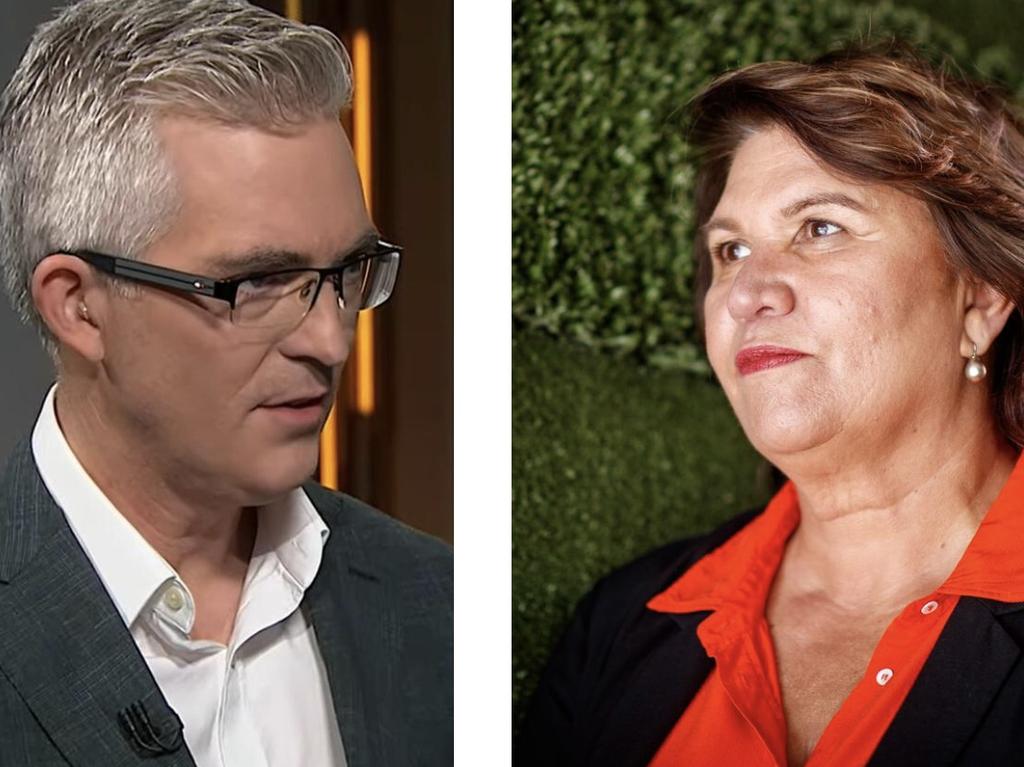
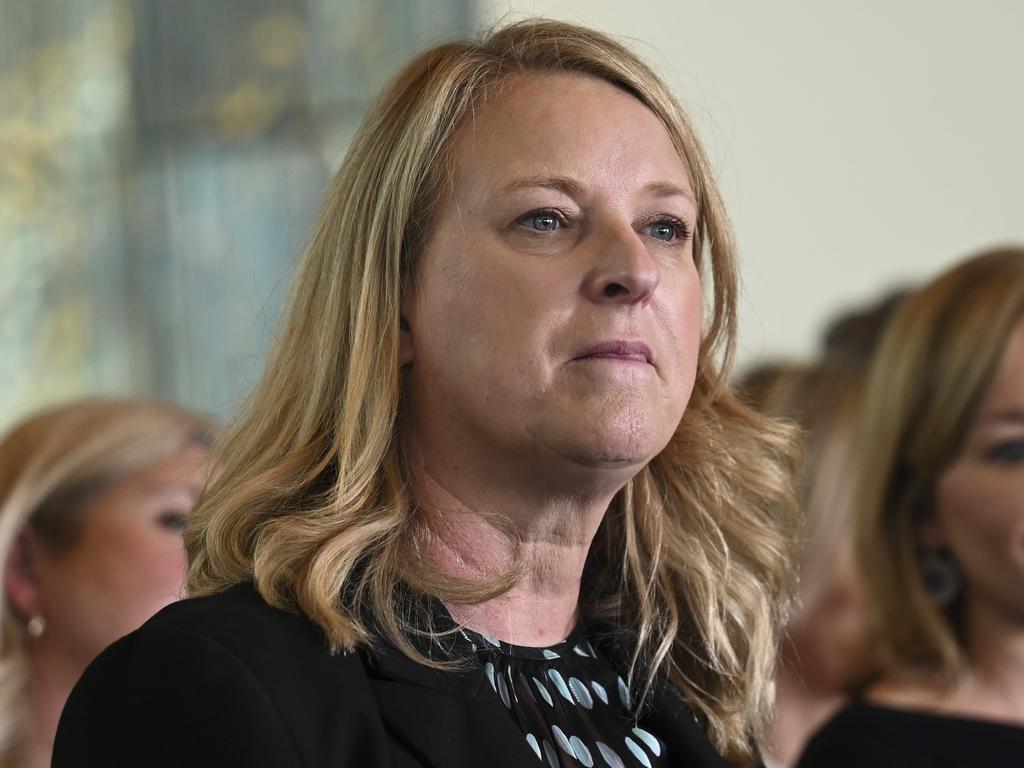
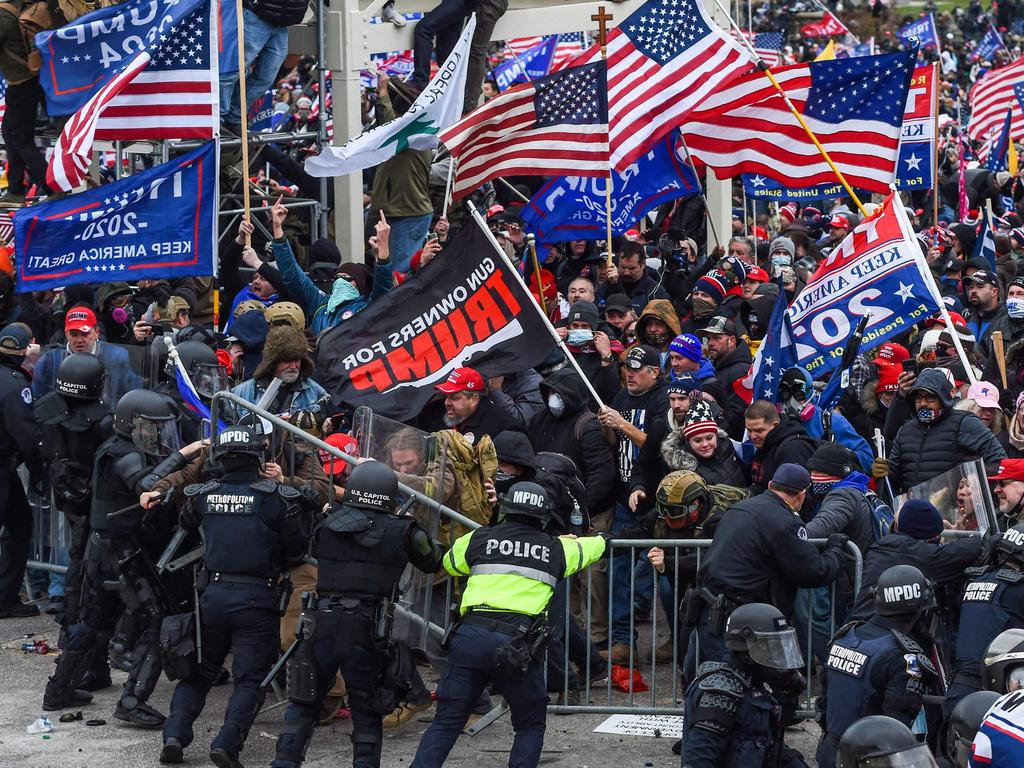
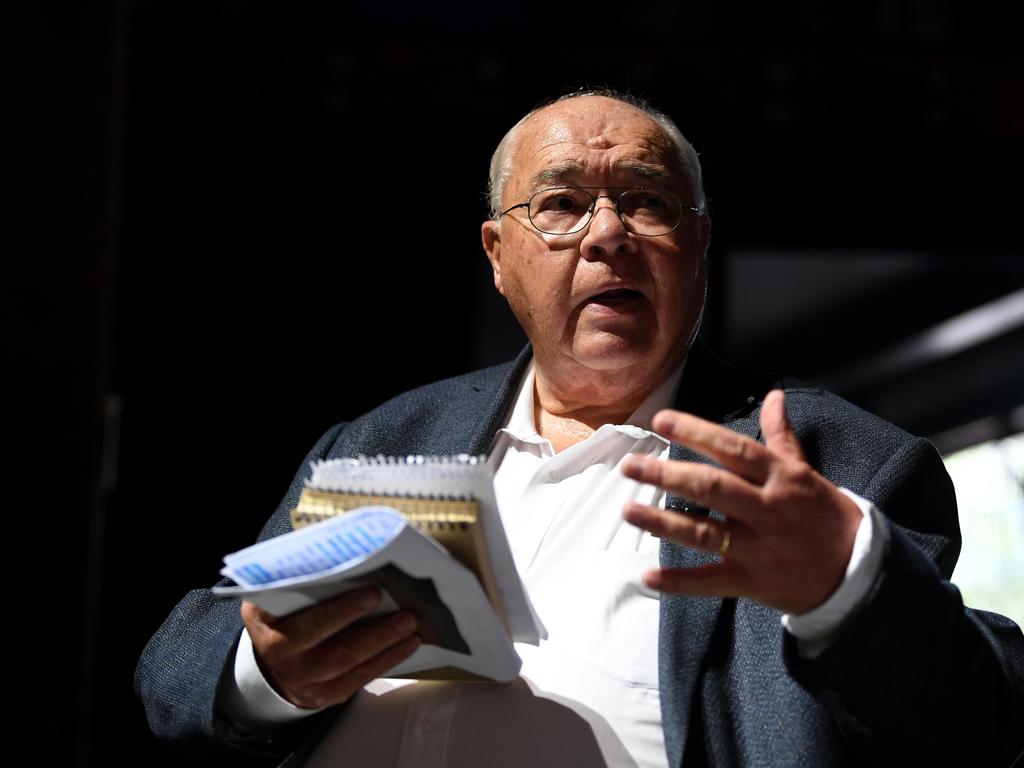


Sunday evening marks the start of Yom Kippur, the holiest day in the Jewish calendar. This year, the Day of Atonement takes place against the background of an evident rise in anti-Semitism. Not only internationally but, to a lesser extent, in Australia as well. Three instances warrant attention.